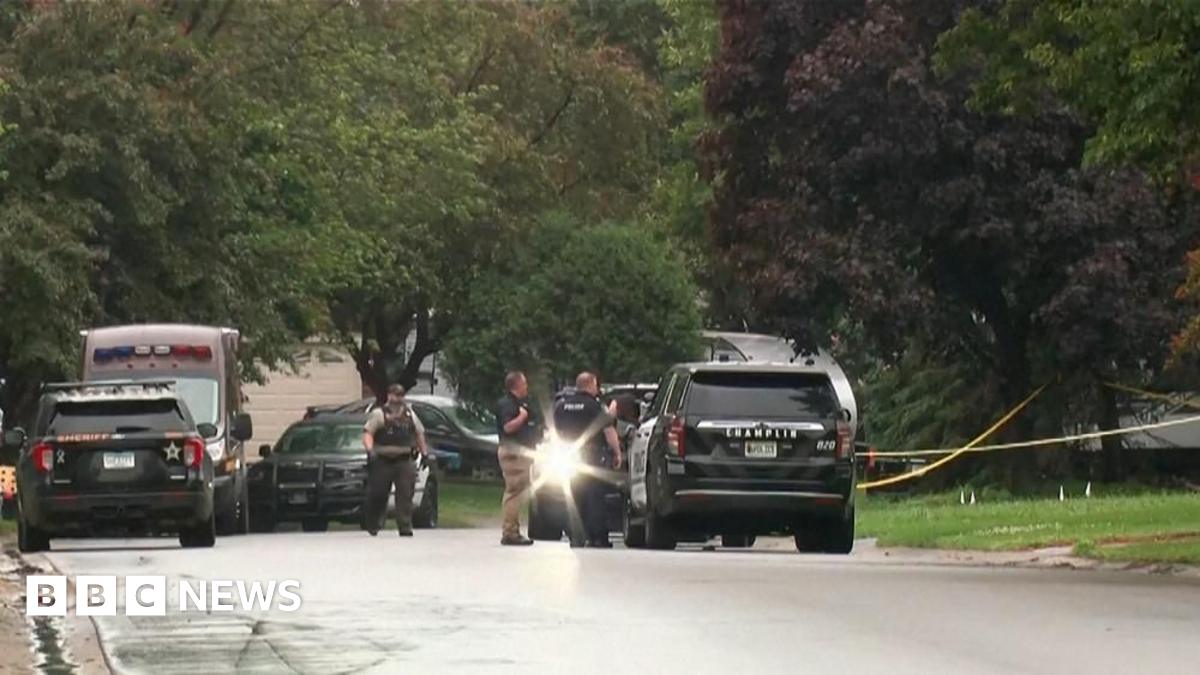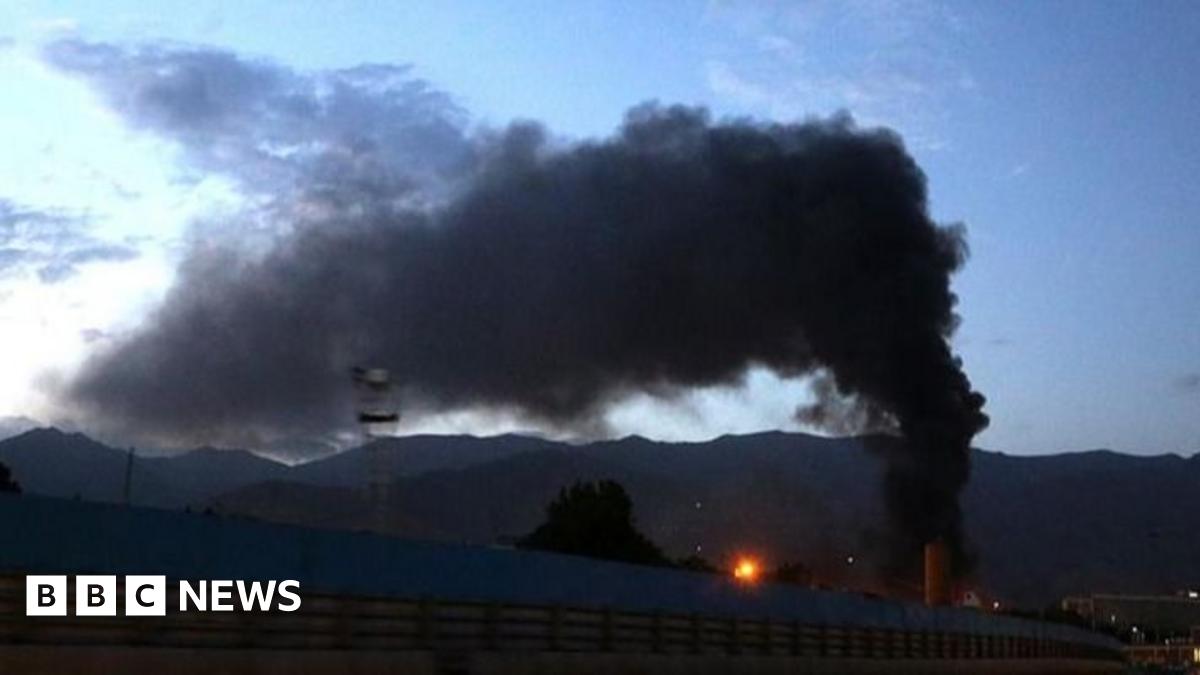BREAKING: Argentina's Kirchner Granted Home Confinement Amid Corruption Sentence - What This Means for the Nation

Cristina Fernández de Kirchner's Legal Battle Reaches a Turning Point
In a significant development for Argentine politics, a federal court has approved former President Cristina Fernández de Kirchner's request to serve her six-year corruption sentence at her residence in Buenos Aires. This decision follows a prolonged legal battle and has sparked widespread debate across the nation and internationally.
The Corruption Case: A Brief Overview
Fernández de Kirchner was convicted of fraudulently awarding public contracts to a construction company controlled by her family during her 2007-2015 presidency. The charges stem from allegations of illicit association and aggravated embezzlement. While she has consistently denied the accusations, maintaining her innocence and claiming political persecution, the court’s verdict remains a pivotal moment in Argentine legal history.
Why Home Confinement?
The court's decision to allow Fernández de Kirchner to serve her sentence at home is based on several factors. Primarily, concerns regarding her health played a crucial role. Her legal team presented evidence of pre-existing medical conditions that they argued would be exacerbated by incarceration. Furthermore, the potential for social unrest and political instability was also considered. Given the deep divisions within Argentine society and Fernández de Kirchner's significant political influence, the court likely sought to mitigate any potential escalation of tensions that could arise from her imprisonment.
Political Ramifications and Reactions
This decision has been met with mixed reactions. Supporters of Fernández de Kirchner hail it as a victory for justice and a recognition of her health needs. They view the corruption charges as a politically motivated attempt to undermine her legacy and the Peronist movement. Conversely, critics argue that the ruling demonstrates a lack of accountability and undermines the rule of law. They contend that allowing a former president to serve a sentence at home sends a dangerous message about impunity for those in power.
What Does This Mean for Argentina?
The outcome of this case has far-reaching implications for Argentina's political landscape. It raises questions about the fairness and impartiality of the judicial system, particularly when dealing with high-profile political figures. The decision is also likely to fuel further polarization within the country and could impact upcoming elections. The ongoing investigation into other members of Fernández de Kirchner's administration, and the potential for further convictions, will continue to shape the political narrative moving forward. Moreover, this case highlights the persistent challenges Argentina faces in combating corruption and strengthening its institutions. International observers will be closely monitoring the situation to assess its impact on Argentina's democratic processes and its commitment to the rule of law.
Looking Ahead
While Fernández de Kirchner's confinement at home provides a temporary reprieve, the legal proceedings are far from over. Appeals are expected, and the ultimate outcome remains uncertain. The case serves as a stark reminder of the complexities of navigating corruption allegations in a politically charged environment, and the delicate balance between upholding justice and maintaining social stability.






